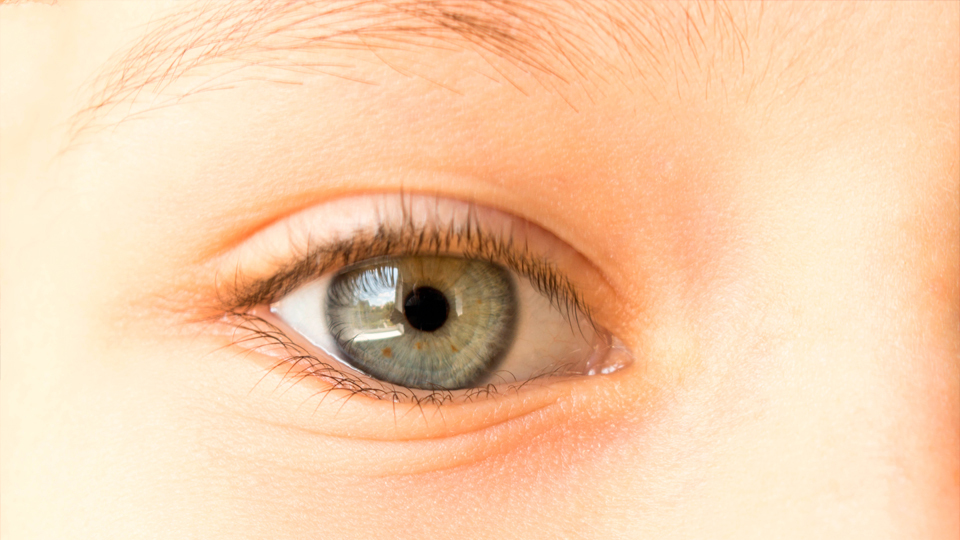All about the skin around the eyes and “drooping” eyelids
04/04/2025

19/10/2021
There is no single eye that is identical to another. If you have noticed your eyes you will have verified that they are not of a uniform colour, but that they have grooves and different shades. There are even cases in which there are people who have each iris of one colour. This phenomenon is known as heterochromia.
The colour of our eyes is defined by DNA. There are different genes that determine the colours of the eyes: brown, blue or green, among the most common, although there are other shades. Although the genetic information received from the parents contributes to the way in which melanin, the pigment responsible for the coloration of our skin and our eyes, determines the colour of the iris, it also depends on its quantity and distribution present in this part of the eye.
When a person is born they still do not have a defined eye colour. Melanin is not yet fully deposited in the iris and most babies have blue or little coloured eyes. With the passage of time, they darken until they are three years old, the age from which the final colour of the eyes is fixed.
Dr. Clara Álvarez de Toledo, ophthalmologist at the Barraquer Ophthalmology Centre